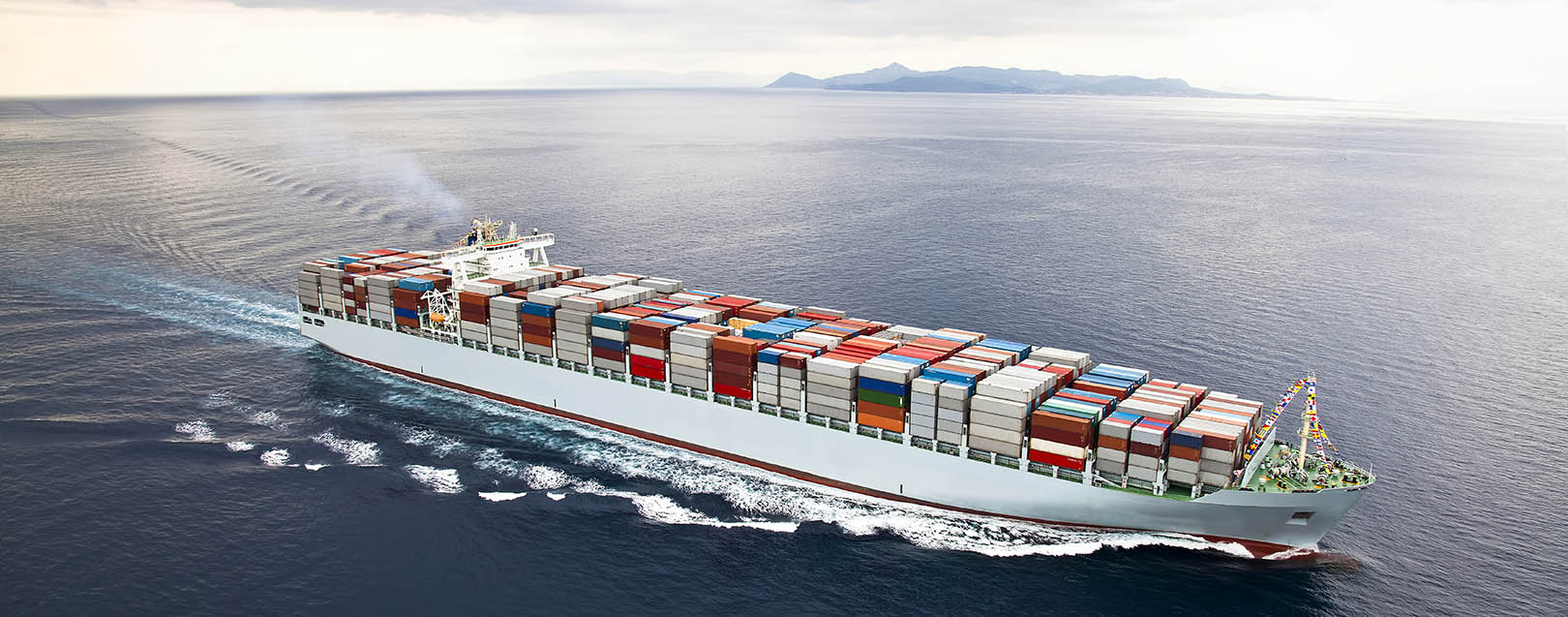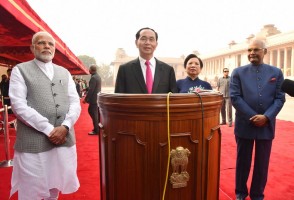
India must work closely with BIMSTEC to push trade: Assocham
The Dollar Business Bureau
An ASSOCHAM study on Thursday recommended India to conclude its trade negotiations with the BIMSTEC countries and make attempts to operationalise the Bay of Bengal free trade agreement (FTA) to stimulate trade in the region.
“BIMSTEC FTA may help activate production links among member countries and help in rationalising various non-tariff measures (NTMs) which would give big push to regional trade and generate regional value chains.”ASSOCHAM cited in its study: BIMSTEC Economic Integration: Opportunities and Challenges.
“To achieve trade and connectivity, the FTA, which has been under negotiation since the inception of BIMSTEC, needs to be accomplished and all other areas of cooperation will follow once the member countries are connected and trade and commerce flourishes,” observed the study.
The study emphasised the urge to focus on trade facilitation through enhancing efficiency in maritime and land transport system, regulatory outlook and service sector infrastructures.
It also asked for trade and investment measures in services to be liberalised owing to the inadequate physical infrastructure, while it pitched for a Single Window facility for BIMSTEC members, which would work as a single entry point to meet export, import and transit-related regulatory requirements.
The organisation recommended some strict measures such as introduction of transit facilities to enhance effective intra-BIMSTEC trade, development of regional connectivity, introduction of a BIMSTEC visa to facilitate smooth movement of investors and businessmen, elimination of non-tariff barrier within a mutually agreed timeframe to stimulate India’s trade with the seven-member grouping.
“Members of BIMSTEC have been struggling to negotiate a successful free trade agreement which has over the years been overtaken by other instruments which has been somehow a disincentive for a greater push on this FTA,” said Preeti Saran, Secretary (East), Ministry of External Affairs.
“As we strive together to open our borders to free trade in goods, the potential for the future lies in investments in the services sector,” Saran said.






 to success.
to success.